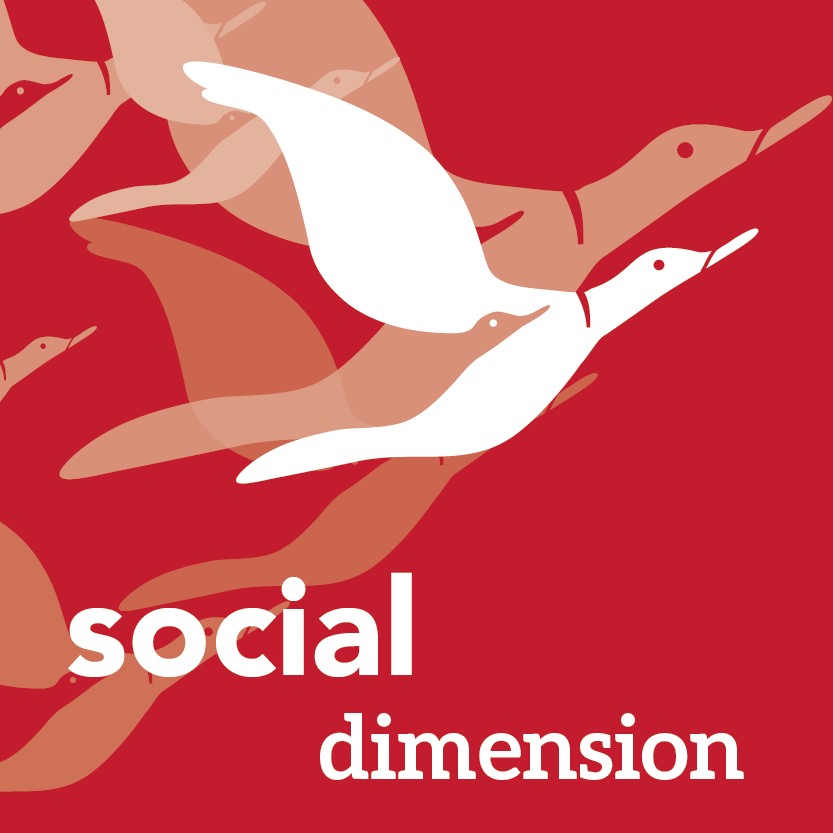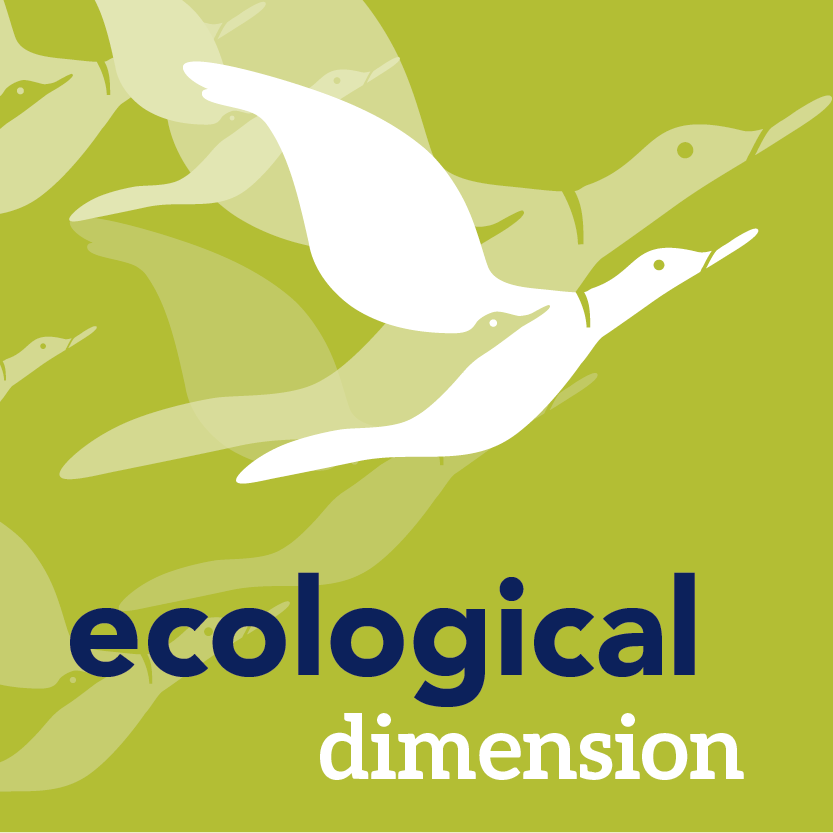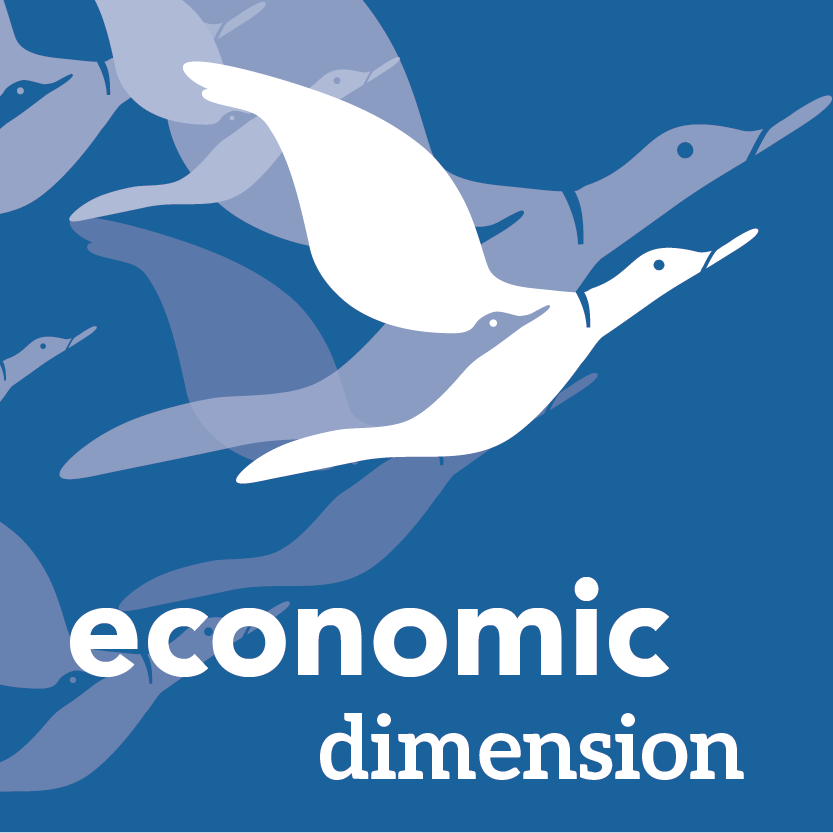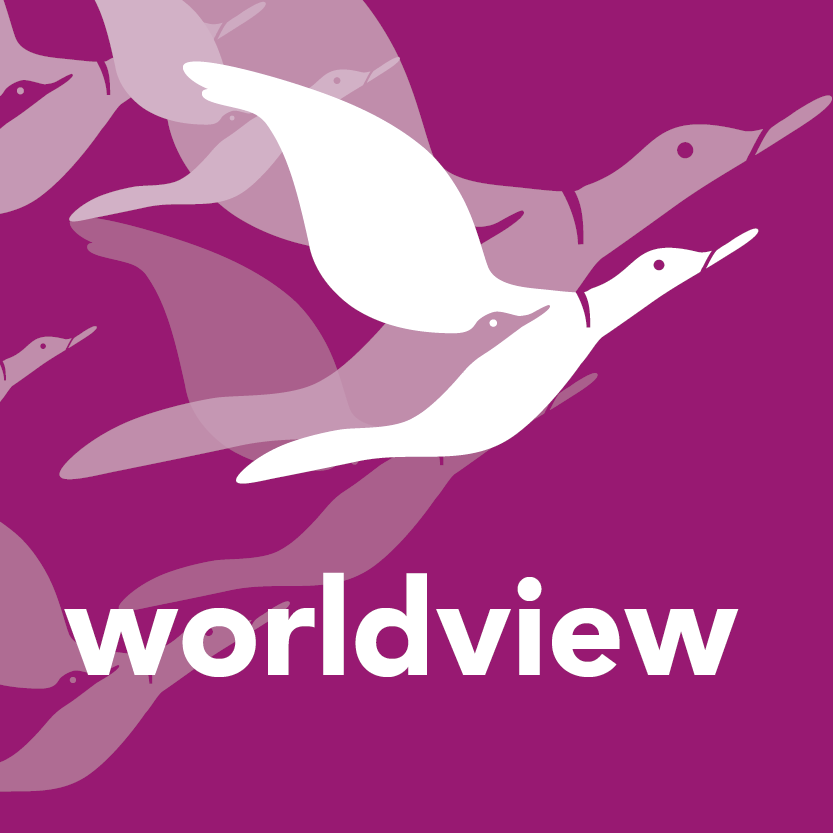Albert Bates
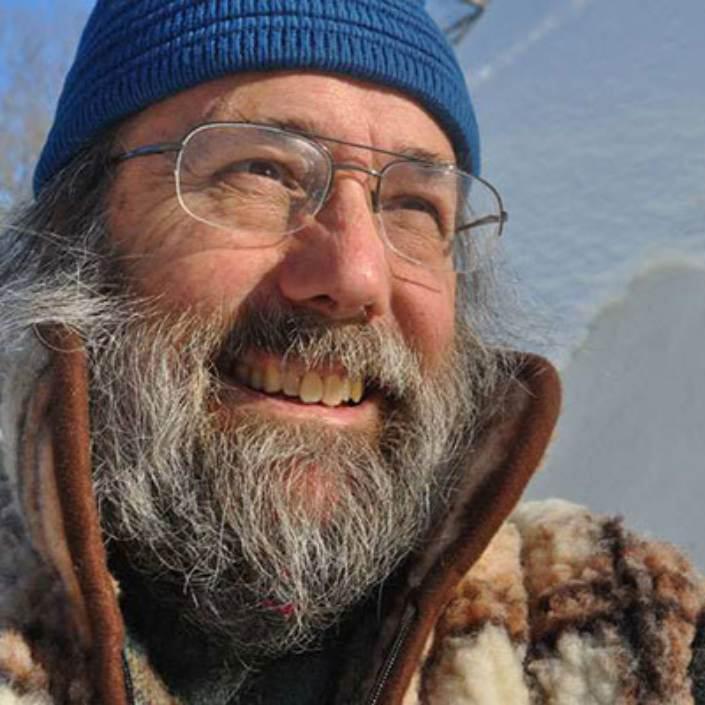
“Growing old is like being increasingly penalized for a crime you haven’t committed” - Pierre Teilhard de Chardin
Albert is a retired public interest attorney and author of more than a dozen books on energy, environment, and history. He co-founded the Ecovillage Network of the Americas and the Global Ecovillage Network.
Albert’s books Shutdown: Nuclear Power on Trial (1979) and Climate in Crisis (1990) provided early insight into two of the greatest dangers now confronting the world. In 1980 he shared the first Right Livelihood Award for his work with Plenty International in preserving indigenous cultures. He was the designer of concentrating photovoltaic arrays and solar-hybrid automobiles displayed at the 1982 World’s Fair.
Albert has been director of the Global Village Institute for Appropriate Technology since 1984 and of the Ecovillage Training Center at The Farm community since 1994. Many of his books are available on Amazon, most recently Pour Evian on Your Radishes (2014) and The Paris Agreement (2015).
Knowledge Cloud |
| Country: USA |
|
Academic Titles: B.A., L.L.B., J.D., Dpl. Perm. |
| Website: AlbertBates.cool |
| Teaching language: English |
| EDEs Facilitated: Colombia 2013 Contributions to several others |
| Publications: The Paris Agreement, 2015 Pour Evian on Your Radishes, 2014 The Biochar Solution: Carbon Farming and Climate Change, 2010 |
| Academic Papers: The Karma of Kerma: Nuclear Waste and Natural Rights, Journal of Environmental Law and Litigation 3:9–44 (Winter 1988) Technological Innovation in a Rural Intentional Community, 1971-1987, Bulletin of Science, Technology and Society, 8:2:183 (Feb 1989) Technological Innovation in a Rural Intentional Community, 1971-1987, Bulletin of Science, Technology and Society, 8:2:183 (Feb 1989) |
| Press articles: A profile by Jim Windolf appeared in the April 2007 Green Issue of Vanity Fair; Permaculture Realized Podcast Episode 16, COP21 Insights from the Paris Climate Conference with Albert Bates Interview with Alex Smith, Radio Ecoshock (Vancouver 2012) |


